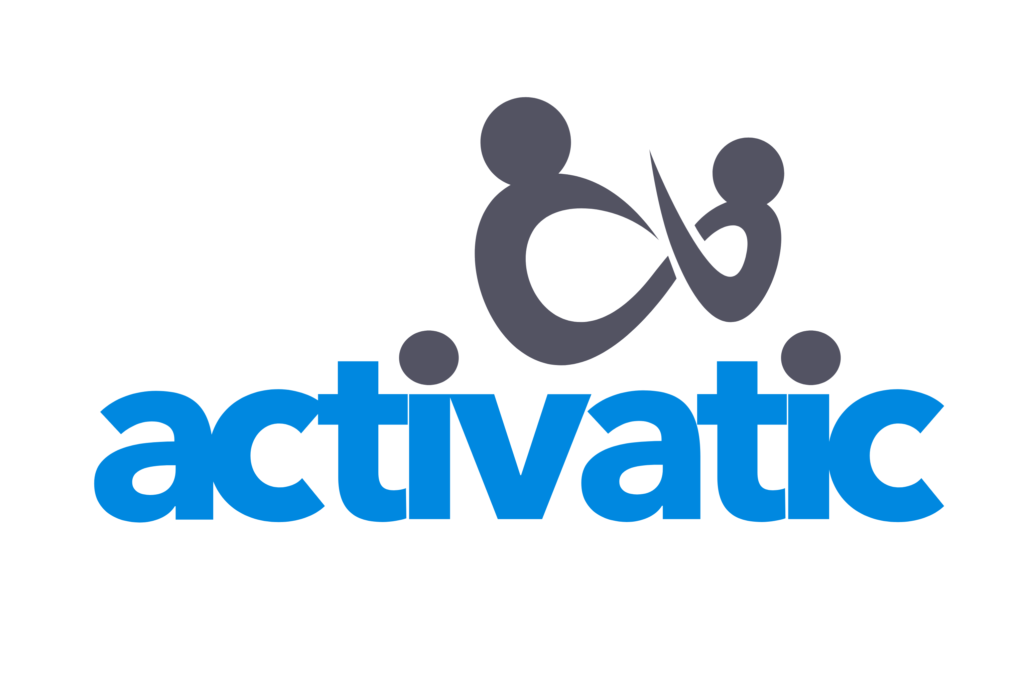When it comes to supporting children with dyslexia, one of the most important challenges is to understand that each child and each case is unique. Dyslexia, much more than just reading difficulty, affects several areas of development and learning, such as writing, spelling, organization, and sometimes even self-esteem. Therefore, a personalized approach is not a luxury, but a fundamental necessity.
What is dyslexia and how does it affect children?
Dyslexia is a learning disorder of neurobiological origin that primarily affects a person’s ability to recognize words and correctly associate them with their sounds. This can hinder fluent reading, reading comprehension, writing and even vocabulary development. But dyslexia is not limited to these areas; it can also impact skills such as short-term memory, organization and time management.
Every child with dyslexia has symptoms and difficulties to varying degrees. Some may have trouble distinguishing similar sounds, while others may have trouble organizing the letters of a word, pronouncing complex terms or even keeping up with everyday tasks. This broad spectrum is precisely why there is no one-size-fits-all solution that works for everyone.
At Activatic we can help your little one with an approach that suits their needs. Visit our website to learn more.
The emotional impact of dyslexia
In addition to academic difficulties, dyslexia can have a significant emotional impact on children. They may feel frustrated, insecure or even inferior when facing different challenges than their peers. Therefore, it is essential to address these emotional needs, emphasizing their strengths and giving them the tools they need to overcome obstacles.
This is where personalization comes into play, as each child needs to be understood and valued in his or her individuality in order to develop his or her full potential.
Why is a customized approach key?
Each child learns at his or her own pace.
Children with dyslexia do not progress in a linear fashion or at the same pace as other students. An individualized approach allows you to set times, goals, and methods that are tailored to each child’s needs. For example, while some children may benefit from multisensory activities such as the use of letter blocks or pictures, others may require strategies based on repetition or association exercises.
Recognize individual strengths.
Although dyslexia is often associated with difficulties, many children with this condition have extraordinary talents in creative thinking, problem solving and visual-spatial learning. A personalized approach allows them to explore and enhance these strengths, giving them confidence and motivation.
You can also read How to encourage reading habits in your children?
Adapted exercises and materials.
Not all traditional teaching methods are effective for children with dyslexia. Careful customization includes choosing materials, tools and exercises that help the child cope with his or her specific difficulties. This can include everything from dyslexia-specific books to technology applications that encourage multisensory learning and independent practice.
Constant monitoring of progress.
A personalized plan makes it possible to closely monitor the child’s progress and make necessary adjustments along the way. This is not only beneficial for improving academic performance, but also for strengthening the student’s self-esteem by allowing him or her to realize his or her own accomplishments.
How do we implement a customized approach at Activatic?
At Activatic, we recognize that each student has unique needs, rhythms and learning styles. Our approach is based on several pillars to provide a caring, supportive and effective environment:
- Initial individual evaluation. Before we begin, we conduct a comprehensive assessment to identify the child’s areas of strength and major difficulties.
- Personalized learning plans. Our professionals develop a specific plan for each student, using strategies and tools tailored to their needs.
- Use of innovative methods. From multisensory learning to technological support, we combine traditional and innovative resources to create stimulating and effective experiences.
- Closeness and empathy. We understand that children with dyslexia need to feel heard and understood. Our staff strives to build trusting relationships that reinforce their emotional and academic security.
- Involvement of families. We maintain constant communication with parents so that they feel they are an active part of the learning process.
Contact us at for more information about our school reinforcement for elementary school.
The future with a customized approach
When a child with dyslexia receives the right attention and focus, not only does their academic performance improve, but also their self-esteem, resilience and desire to learn. At Activatic we firmly believe that understanding and respecting the uniqueness of each child is the key to helping them achieve success.
If you know or are a parent of a child with dyslexia, remember that you are not alone. With the right support and a personalized approach, learning can become an enriching and liberating experience.
You can also read Personalized School Support: How Activatic Transforms Learning in Spain
If you liked this article, share it with others and don’t forget to follow us on Instagram y Facebookas well as check out our school tutoring and language teaching services at activatic.es

